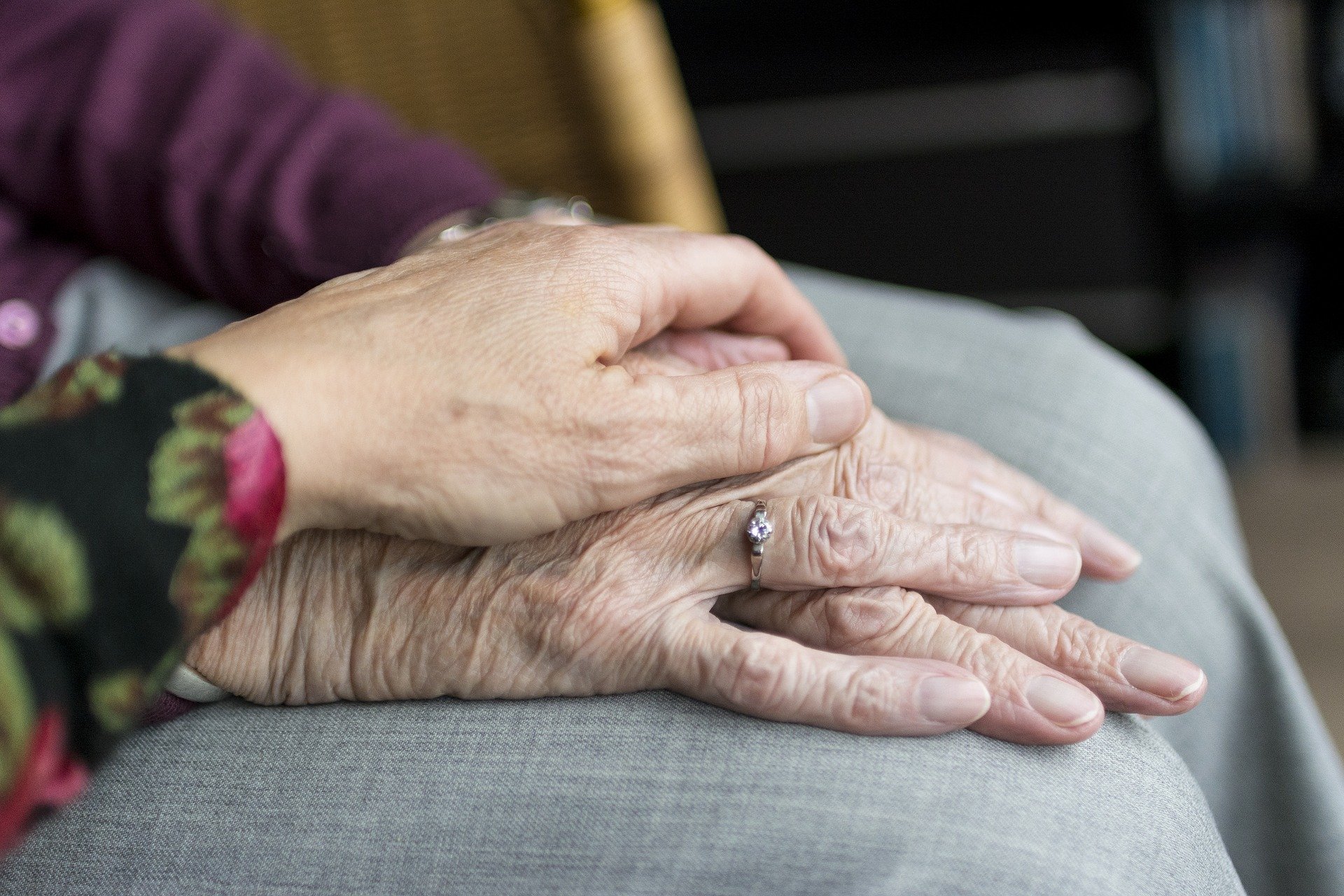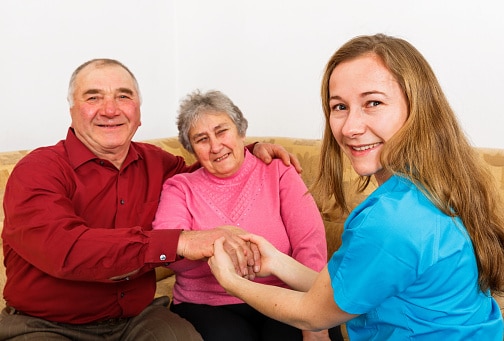
A Thorough Guide to Terminal Agitation
What is terminal agitation?
Terminal agitation, also known as terminal restlessness, refers to a change in a person’s demeanor and personality as they approach the end of life. It can cause individuals who are typically calm to become angry, upset, and display antisocial behavior. Symptoms of terminal agitation can vary in intensity, including demanding to do things they are too weak for, exhibiting aggressive language or behavior, confusion, delirium, and difficulty recognizing loved ones.
Major symptoms of terminal agitation
The following symptoms may indicate that a patient is experiencing terminal agitation:
- Anger
- Aggression
- Shouting or screaming
- General distressed behavior
- Confusion
- Hallucinations
- Attempts at leaving their bed
- Sleepiness during the day
- Lack of sleep during the night
- Lack of focus or inability to concentrate
- Inability to relax
- Jerking, twitching, or fidgeting
Causes of terminal agitation
Terminal agitation can occur as the body and internal organs begin to shut down during the end-of-life process. However, there are other specific causes that can contribute to agitation, such as medication, cancer treatment, alcohol or nicotine use or withdrawal, pain, urinary retention, constipation, nausea, brain tumors or swelling, organ failure, altered blood levels, oxygen deficiency, dehydration, and emotional or spiritual distress.
Guidelines for caring for someone with terminal agitation
While caregivers and family members cannot cure terminal illness, there are ways to alleviate terminal restlessness and agitation. Here are some strategies to consider:
- Eliminate obvious causes of distress unrelated to the body shutting down.
- Seek guidance from physicians to ensure the patient’s comfort and make necessary adjustments to medication and treatment plans.
- Continually assess the patient’s condition, monitor vital signs, and address any physical discomfort they may be experiencing.
- Consider the patient’s pain management and adjust medications accordingly.
- Pay attention to the patient’s facial expressions and body posture to gauge their level of comfort.
- Ensure proper bladder and bowel care for the patient.
- Evaluate for signs of infection or underlying medical conditions causing distress.
- Offer emotional and spiritual support through sessions with a minister or counselor, if desired.
Terminal agitation medication
In some cases, medication may be necessary to manage terminal agitation. Anti-anxiety medications like Lorazepam (Ativan) and Diazepam (Valium), as well as anti-psychotic medications such as Haloperidol (Haldol) and Chlorpromazine HCl (Thorazine) can be prescribed to provide relief. However, it’s important for medical professionals to carefully consider each patient’s unique condition and potential interactions with medication. The choice of medication should be tailored to the individual to ensure maximum comfort and minimize negative effects.
Considering all options
If family members or loved ones feel that the patient’s condition is not being appropriately managed, consulting a physician is recommended to explore alternative approaches. In cases where terminal agitation becomes a hospice crisis, continuous nursing care may be necessary in a care facility.
Conclusion
Terminal agitation is a common condition experienced by individuals nearing the end of their lives. While witnessing these symptoms can be distressing, responding calmly and following the guidelines outlined in this article can help make the patient’s final days more comfortable. Remember to seek professional medical advice and support throughout the process.
Sources:
- Agitation, Marie Curie, mariecurie.org.uk
- Terminal Agitation: A Major Distressful Symptom in the Dying, Hospice Patients Alliance, hospicepatients.org
- Hosker CM, Bennett MI. Delirium and agitation at the end of life. BMJ. 2016;353:i3085. Published 2016 Jun 9. doi:10.1136/bmj.i3085
Related Articles

Elder Law Attorneys: A Comprehensive Guide
If you are someone who is taking care of a senior or has an elderly loved one, you should consider working with an elder law attorney. Though you may not expect it, individuals begin to face new and more complex legal concerns as they get older. Actions that may have seemed trivial when they were […]

When Is It Time for Assisted Living?
Wondering if it is time for assisted living for your loved one is a common question for caregivers. As a caregiver, you might have been considering the question for months or possibly even years. Your loved one might have declined to continue the discussion as the thought of moving out of their family home and […]

All About Adult Day Care: Community and Costs
Adult day care is a fairly new concept for caregivers. The basic idea is to provide a secure place where seniors can enjoy social activities during the day and be provided nursing care as needed. It’s a hybrid model of eldercare that prioritizes community. At the same time, seniors get help with common custodial tasks […]

Respite Care: An Overview
Caregiving can be overwhelming at times. That’s why taking a break is essential for recharging your battery. Respite care, also called short break care, is a way for caregivers to get temporary care for their loved ones so they can take some time to rest. Getting this “me time” of respite care can renew the […]

An Overview of Senior Rehabilitation Centers
Recovering from injury or illness in your golden years may take time and support. That’s where senior rehabilitation centers become essential. If you need a temporary stay to recover from injury or illness, senior rehabilitation centers can be the solution to get expert care and daily support. In this article, we’ll give you an overview […]

A Caregiver’s Guide to ADLs and IADLs
This article has been medically reviewed by Dr. Martin Duggan in 2021. This content is not intended to be a substitute for professional medical advice, diagnosis, or treatment. Always seek the advice of your physician or another qualified health provider with any questions you may have regarding a medical condition. As a family caregiver, your […]